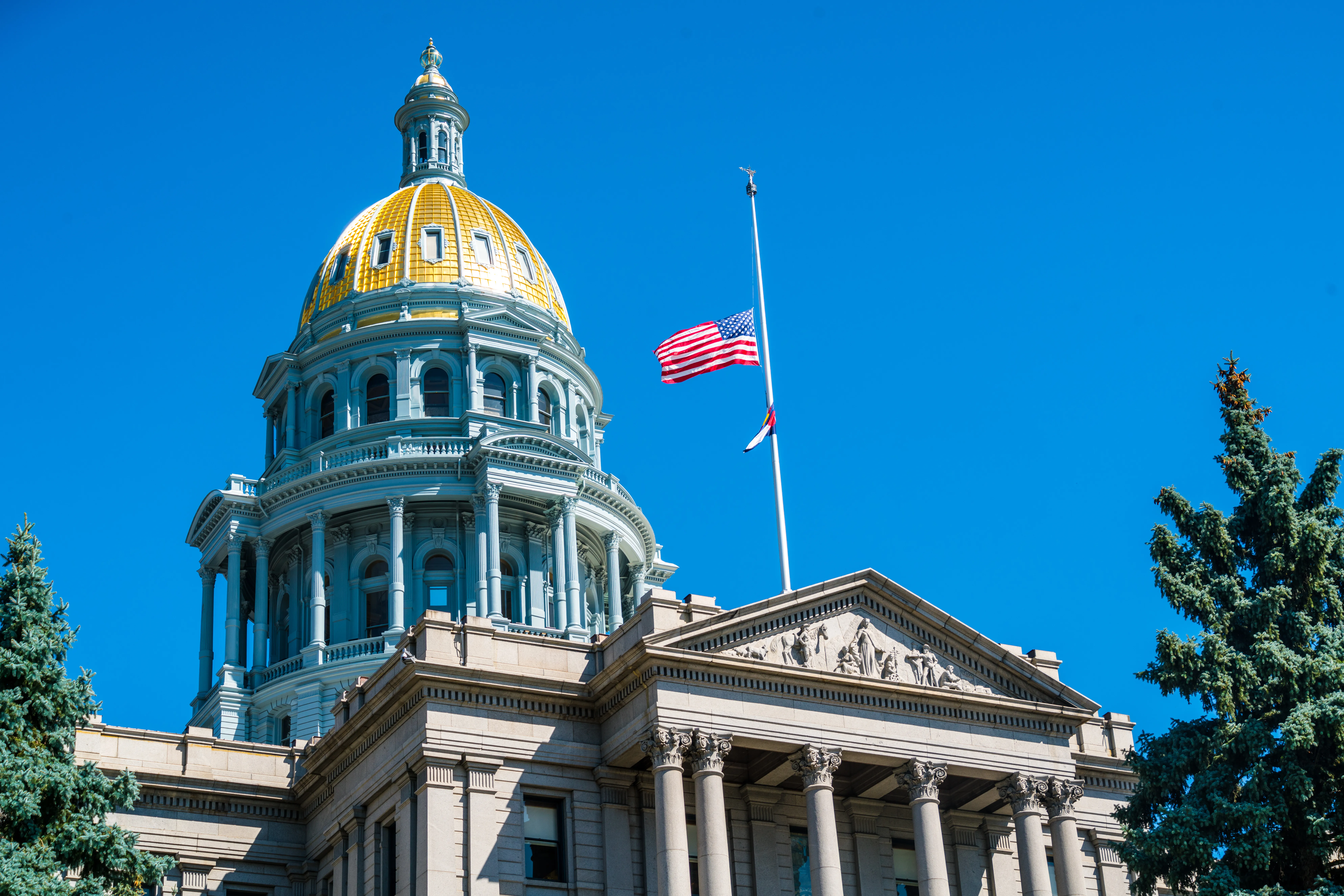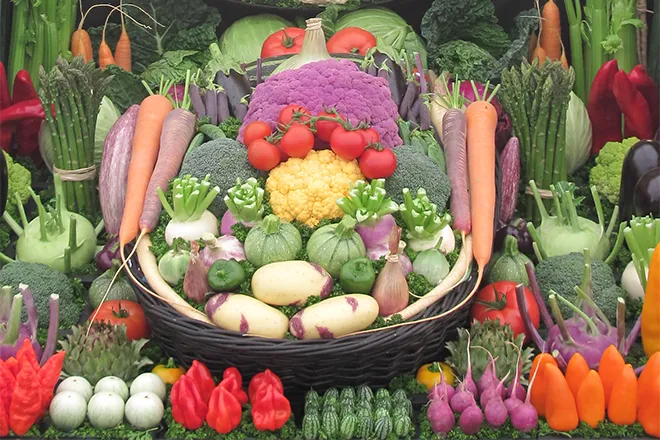
Daily Audio Newscast - December 30, 2024
Six minutes of news from around the nation.
Former President Jimmy Carter dies at 100. Unions, worker co-ops tackle historic wealth gap; NM political expert says 'polarization' is the logical word of the year; AL higher-ed conference to address workforce, boost student transfers.
Transcript
The Public News Service Daily Newscast, December 30, 2024.
I'm Mike Clifford.
Former President Jimmy Carter, a man who redefined what a post-presidency could be, died Sunday.
He was 100.
That for the Atlanta Journal-Constitution.
His son Chip Carter confirmed the former president died at his home in Plains about 3.45 p.m.
Carter left office after a single term that was highlighted by forging peace between Israel and Egypt, but was overshadowed by the Iran hostage crisis.
Rice University history professor Douglas Sprinkley summed it up this way, "People will be celebrating Jimmy Carter for hundreds of years.
His reputation is only going to grow."
We head next to Massachusetts, where unions and worker-owned cooperatives are joining forces to help tackle the state's historic wealth gap.
Census data show just a handful of households now have average incomes nearly 14 times larger than the bottom 20 percent.
Kevin O'Brien is a worker-owner with the Unionized Works Printing Cooperative in Worcester.
He says workers increasingly want to stay in workplace conditions, greater job security, and a piece of the profits.
The more they know and understand about cooperative ownership, I think the sky is kind of the limit on what they'll be able to do to combat this wealth gap.
O'Brien says there's great potential for more worker-owned co-ops due to the impending silver tsunami of retiring small business owners who will need to sell or transfer their assets.
He says the co-op model is already in place for businesses to replicate, while unions can help provide the resources co-ops need, including access to capital.
I'm Catherine Carley.
State lawmakers have created a new state agency to develop the model further, and a nearly $8 million technical assistance fund of small grants to help.
Meantime, between endless doom-scrolling and non-stop negative headlines, a New Mexico political science professor says it's no surprise that the Merriam-Webster Dictionary anointed polarization as the word of the year.
UNM's Jessica Feazell believes polarization actually should be the word of the past 40 or 50 years, because she says politicians and some media outlets have encouraged the division for at least that long.
In 2024, she says both Democrats and Republicans were tending toward extremes rather than the center.
The parties have really exploited the American public in this way to their advantage.
People tend to vote out of fear and hatred more than they do out of support and joy.
And I think the American public is tiring of this level of hostility.
Feazell believes polarization has become more common in the U.S. because people don't interact with others that are cross-partisans as frequently.
She notes media companies compete for people's attention with snappy, negative headlines that often are more pessimistic and alarming than the actual story.
I'm Roz Brown.
This is Public News Service.
Next to Alabama, a state that faces a critical workforce gap with only 38 available workers for every 100 open jobs.
That's according to the U.S.
Chamber of Commerce.
These schools are coming together at the second annual Empowered Conference to explore ways to expand opportunities for students.
Alabama Possible Executive Director Chandra Scott says the event will also include historically Black colleges and universities and focus on creating seamless transitions from two-year community colleges to four-year universities.
We want to make sure that there are streamlined pathways from the community college to an HBCU.
We don't want any credits lost.
We don't want any time wasted and any money frayed away.
She says they hope to achieve this by connecting educators, students, and industry leaders to find solutions to Alabama's workforce challenges and elevate the work within these institutions.
Shantia Hudson reporting.
And a Detroit nonprofit says it's helping people in the city reclaim control over the food they eat from where it is grown to where they buy it.
The Detroit Black Community Food Sovereignty Network is leading the mission for what they call food sovereignty, focusing on helping Detroiters access healthy, culturally meaningful food, and taking control of its sustainable production while addressing food insecurity.
Shakira Tyler, a member of the network, says they operate a seven-acre farm in Detroit's River Rouge Park.
We grow food so that obviously it's more accessible for community members so they don't have to rely on liquor stores and gas stations to access basic necessities to feed themselves and their families.
But we also grow food to make a little bit of money.
About one-third of households in Detroit report experiencing food insecurity, with 80 percent of its residents relying on French food sources like fast food chains, liquor stores, and corner stores where items like fresh produce aren't available.
Crystal Blair reporting.
This story is based on original reporting from the Everyday Climate Champions podcast.
Finally, consumers are unhappy with increasing food prices and blame inflation.
In reality, natural disasters have a direct link to grocery cost.
Spokesperson Mike Stromberg says the effects of floods, hurricanes, drought, and extreme heat have a nationwide and global impact.
The price of oranges and the price of orange juice have both steadily increased in recent years due to declining production of Florida caused by large hurricanes.
Grain prices are through the roof in critical agricultural regions like the Midwest.
It starts with drought.
It affects a huge portion of agriculture in that region.
That has an after effect at the grocery store in terms of your grocery prices.
Indiana ranked.
I'm Terry Dee reporting.
This is Mike Clifford.
Thank you for starting your week with Public News Service.
Member and listener supported.
Hear us on interesting radio stations, your favorite podcast platform.
Find or trust indicators at publicnewsservice.org.
















